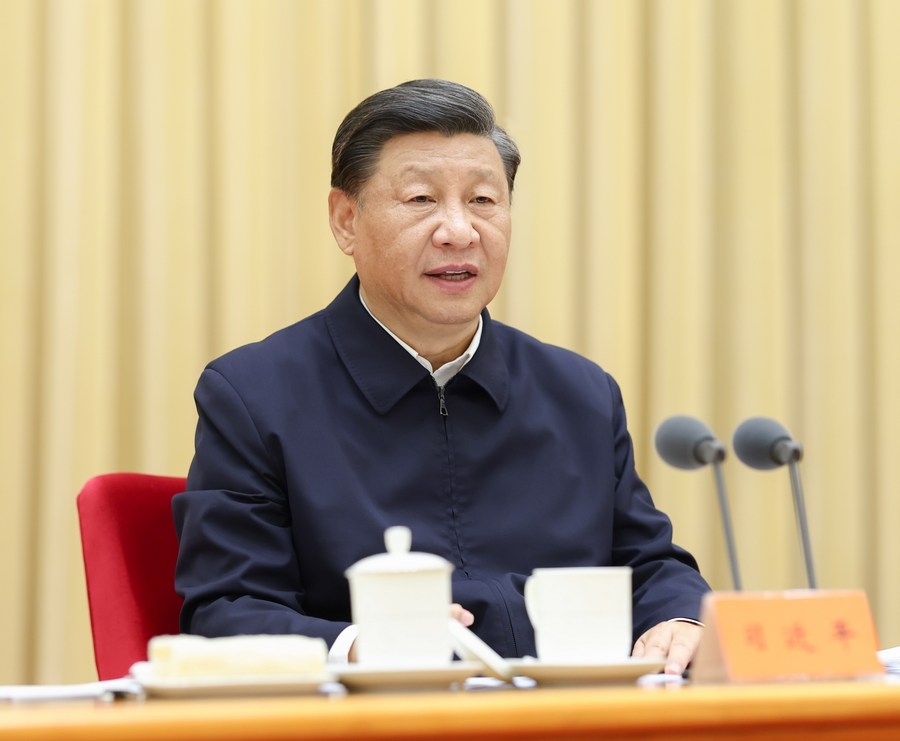Between 2000 and 2020, China committed nearly US$160 billion in loans to African countries, according to a database on Chinese lending hosted by Boston University, much of it for large-scale infrastructure projects. In the case of Kenya, over US$9 billion in Chinese loans have been used to fund a push to build or upgrade railways, ports and highways. China became the country’s largest bilateral creditor and gained a firm foothold in Kenya … writes Kaliph Anaz
There have been reports every now and then about how China’s lending practices globally have not amounted to debt traps. While the debate over this issue continues, recent developments in Kenya shed light on a particular aspect of China’s predatory practices. About a month ago, Chinese hackers reportedly targeted Kenya’s government in a widespread series of digital intrusions against key ministries and state institutions.
Investigative media reporting suggests that the hacks were aimed, at least in part, at gaining information on the debt owed to Beijing by Kenya. 2China’s influence in Africa has grown rapidly over the past two decades. But, like several African nations, Kenya’s finances are being strained by the growing cost of servicing external debt, much of it owed to China. The latest hacking campaign demonstrates China’s willingness to leverage its intelligence capabilities to monitor and protect its economic and strategic interests abroad.
Chinese cyber intrusions in Kenya are believed to be part of a three-year campaign which targeted eight ministries and government departments, including the Presidential office. A Kenyan cyber security expert described similar hacking activity against the foreign and finance ministries. Reuters has also been given documents by analysts that included the timeline of attacks, and the targets, and provided technical data relating to the compromise of a server used exclusively by Kenya’s main spy agency.

